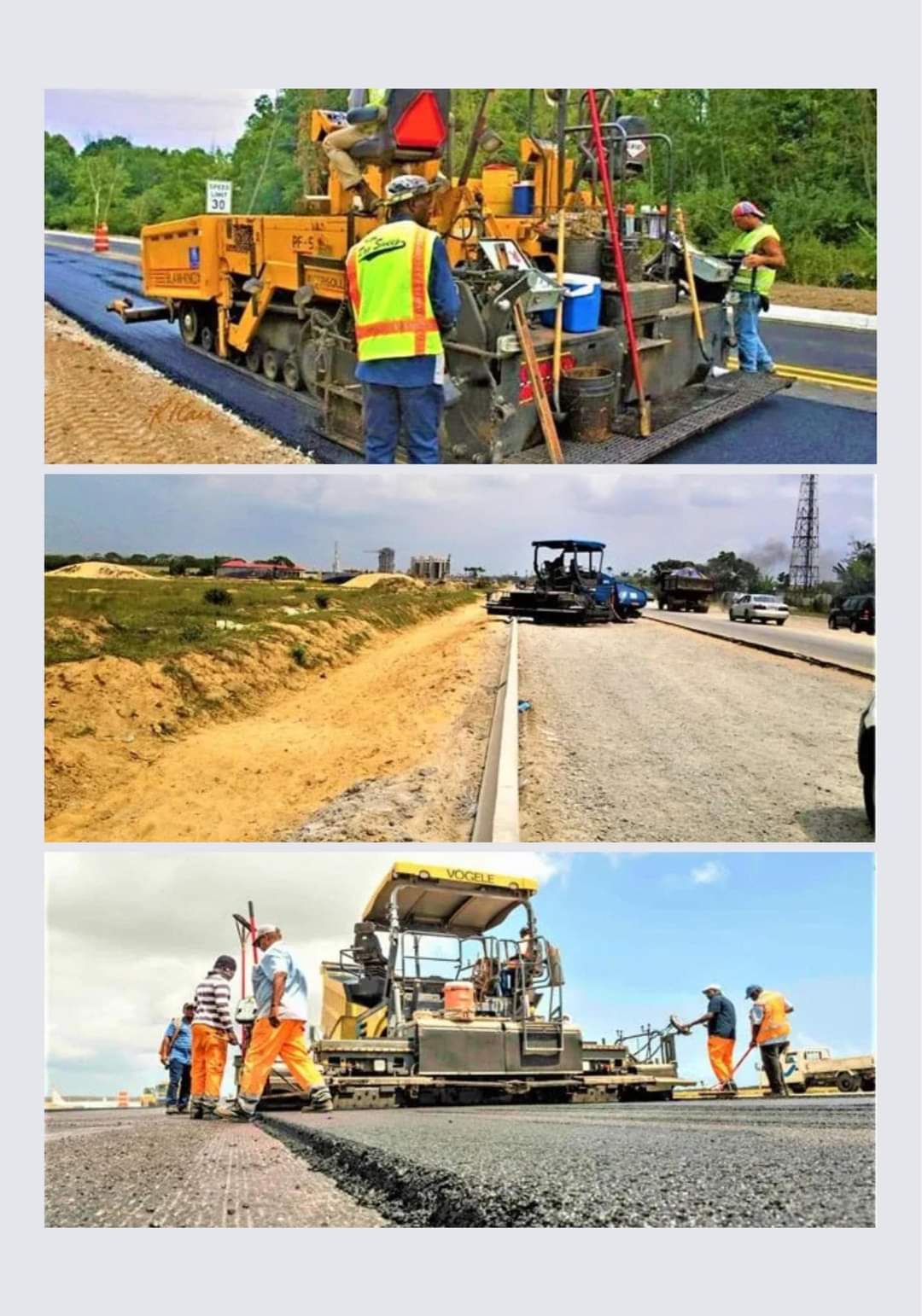
In Nigeria, when the government – Federal, State, Local Government – announce how much they spend or intend to spend on a short distance road project, the amount always leaves one feeling dizzy.
It has become the norm; in Nigeria, the average cost for constructing a kilometer of road is N1Billion. And this is against the World Bank’s benchmark of N238million.
Even sadder is that when eventually completed, some of these roads do not stand the test of time.
According to a 2009-2013 report on Road Infrastructure Development in Nigeria, the cost of road construction in Nigeria compared to other African countries is outrageous
The report was published by the Abuja-based Centre for Social Justice (CSJ). It was a report based on an earlier study conducted by the World Bank in 2000.
According to the CSJ report, in Nigeria, constructing a kilometer of road costs between N400 million and over N1 billion.
Now, here are a few examples to support the CSJ report.
In 2013, the Federal Government awarded the contract for the reconstruction of the 127km Lagos-Ibadan Expressway at N167bn ($1bn at the time it was awarded)
Interestingly, and also in 2013, a similar contract was awarded for the 1,028km Lagos-Abidjan road project. The Economic Community of West African Countries (ECOWAS) estimated this project to cost between N167bn and N240bn.
Note, the ECOWAS six-lane project is expected to connect five (5) major cities in the region namely Lagos, Nigeria; Cotonou, Benin Republic; Lome, Togo; Accra, Ghana and Abidjan, Cote D’Ivoire.
In other words, the number of kilometers to be covered by the ECOWAS project is 8 times higher than Nigeria’s Lagos-Ibadan Express road project; and the cost per kilometer is far lower than that of Nigeria.
At the projected maximum cost of N240bn, the cost of the ECOWAS road per km will be N234m. Whereas the six-lane Expressway road contract awarded by the Federal Government at N167bn cost N1.3bn per kilometer.
In the Limpopo Province of South Africa, to build a kilometer of paved road, it will cost N33m or $194,000, while the maintenance cost stands at N7.6m ($45,000).
Meanwhile, in 2006, the Lagos State Government signed a 30-year concession agreement with the Lekki Concession Company to finance, build, operate and maintain the Lekki-Epe Expressway. This was to be for a given period before it would revert to the government. The concession model can otherwise be called BOT- Build, Operate and Transfer.
At a cost of approximately N1bn ($5.9m) per km, the Lekki-Epe Expressway project also far overshoots the World Bank benchmark.
Similar examples of such outrageous road contract amounts are replete in Nigeria, for instance:
According to reports, the contract for the 9.52-kilometer Ibadan Township road in Oyo State was awarded at the cost of N5.8 billion, which is approximately N609.24 million per kilometer.
Similarly, the contract sum for the Abuja/Abaji/ Lokoja road, a 196-kilometer project Federal Government contract was awarded at an estimated cost of N42 billion in 2006.
It was however reviewed upward to N116 billion in 2011, an increase of 176.2 per cent. This was in spite of the declining rate of inflation at an average of 2.52 per cent within the five-year period.
In a similar fashion, the Oyo State government awarded the contract for the dualisation of some major roads in the state at the cost of N29.3bn. The projects include expansion and sectional repairs on roads with a combined length of 10.3km at the cost N7.9bn: 4km Ibadan-Oyo Expressway/Iseyin-Oyo junction to Owode.
The Oyo state government also said it would dualise 6.2km Ibadan –Oyo-Iseyin/Okeho junction road in Iseyin at a cost of N6.1bn.
The dualisation of the 7.4km Dugbe-Magazine-Eleiyele to Aleshinloye-Onireke/Agbarigo Road in Ibadan was also awarded by the state government at the cost of N7.1bn. That is also about N1biilion per kilometer.
Countless other examples of exaggerated road construction amount abound in Nigeria.
Source -Nairaland
Copyright © 2024 Radio Biafra Ontario. All Rights Reserved. Powered by Podcast Theme
